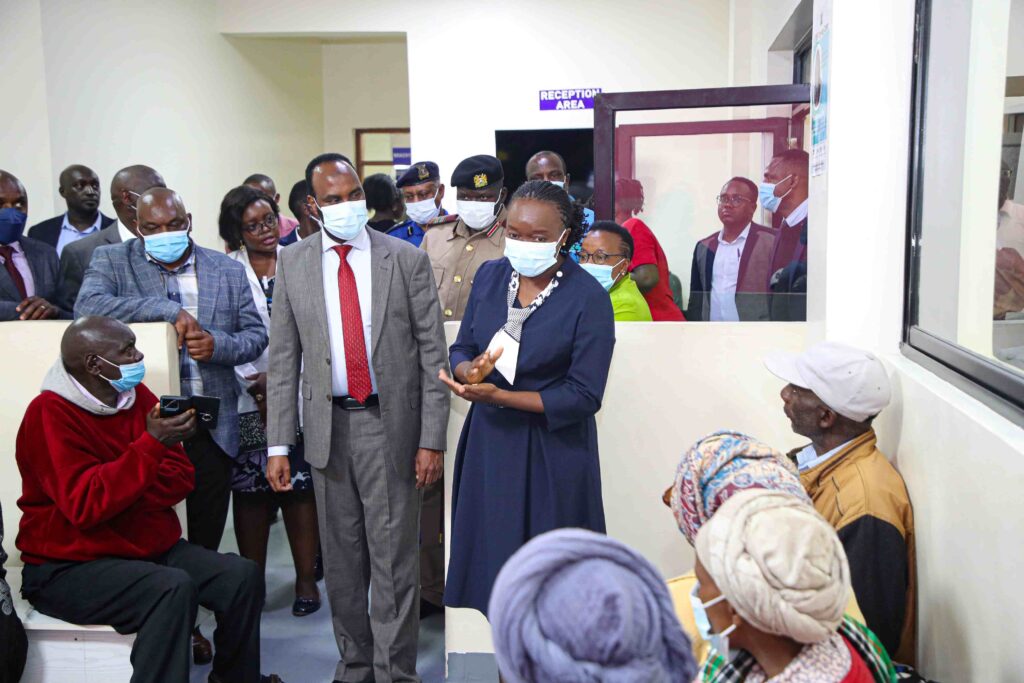Employers in Kenya who fail to remit Social Health Authority (SHA) deductions on time are now facing stiff penalties, including fines and possible jail terms, as the government intensifies efforts to ensure compliance with the new health insurance framework. The SHA, which officially replaced the National Hospital Insurance Fund (NHIF) in November 2023 following the enactment of the Social Health Insurance Act, requires all employers to deduct 2.75 per cent of an employee’s gross salary and remit it to the authority by the ninth day of each month. Any delays in remittance can have dire consequences not only for the employers but also for their employees, who risk being locked out of essential healthcare services.
According to SHA acting Chief Executive Robert Ingasira, the system managing the social health insurance is programmed to automatically restrict access to healthcare services for employees whose deductions have not been received on time. Speaking before the Senate Health Committee, Ingasira emphasized that once the ninth of the month passes without a deduction being recorded, affected employees are automatically blacklisted from receiving medical services under the scheme. This has already led to thousands of employees being stranded at medical facilities, unable to receive care due to their employers’ failure to meet their obligations.
To enforce compliance, SHA imposes a two per cent penalty on the unpaid amounts for each month of delay. Beyond financial penalties, employers who fail to remit the deductions or make unauthorized deductions from their employees’ salaries face legal repercussions, including fines of up to Sh2 million or imprisonment for up to three years, or both. These measures underscore the government’s commitment to ensuring the sustainability of the Social Health Insurance Fund (SHIF) and protecting employees’ right to healthcare.
Ingasira noted that SHA has been proactive in engaging with employers to educate them about the legal and operational consequences of non-compliance. The authority has also provided a USSD code that allows contributors to check their registration and contribution status to ensure they are eligible for healthcare services under SHIF. Despite the challenges, Ingasira reassured senators that SHA has made interventions in genuine cases to ensure patients are not denied critical healthcare due to remittance issues.
Since its inception, SHIF has disbursed Sh17.8 billion to healthcare providers, while an additional Sh12.2 billion has been paid out from the Primary Healthcare Fund, which is backed by the national treasury. However, no payments have yet been made from the Emergency, Chronic, and Critical Illness Fund due to delays in its activation. In the meantime, the government has moved to expand services for chronic illness treatment, including dialysis and chemotherapy.
Despite these efforts, concerns remain over the fund’s sustainability, particularly due to low contributions from the informal sector. While 22.2 million Kenyans are registered under SHA, only 3.9 million are active contributors to SHIF. Legislators have warned that unless contribution levels improve, especially from non-salaried individuals, the scheme could face significant financial challenges. The Ministry of Health has been urged to develop strategies to encourage higher participation from informal sector workers to safeguard the future of the country’s universal healthcare ambitions.

